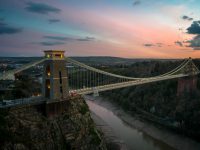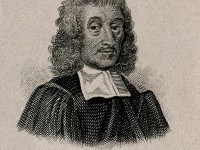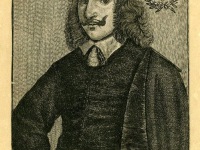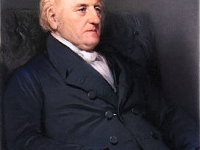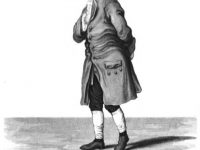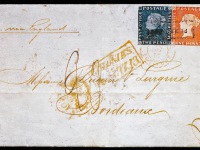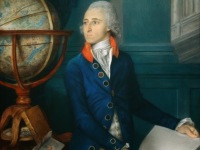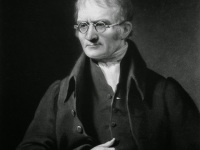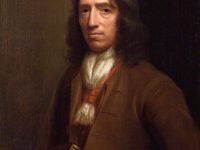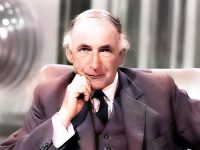The Clifton Suspension Bridge – Iconic Landmark of the Industrial Age
On December 8, 1864, the Clifton Suspension Bridge spanning the Avon Gorge and the River Avon, designed by Isambard Kingdom Brunel,[3] was opened for the public. Although Brunel was not able to see the bridge in operation anymore during his lifetime, the Clifton Suspension bridge was the first major commision of the famous engineer of the Great Western Railroad and the then largest steamships in the world. Bridges Across the Avon In…
Read more

